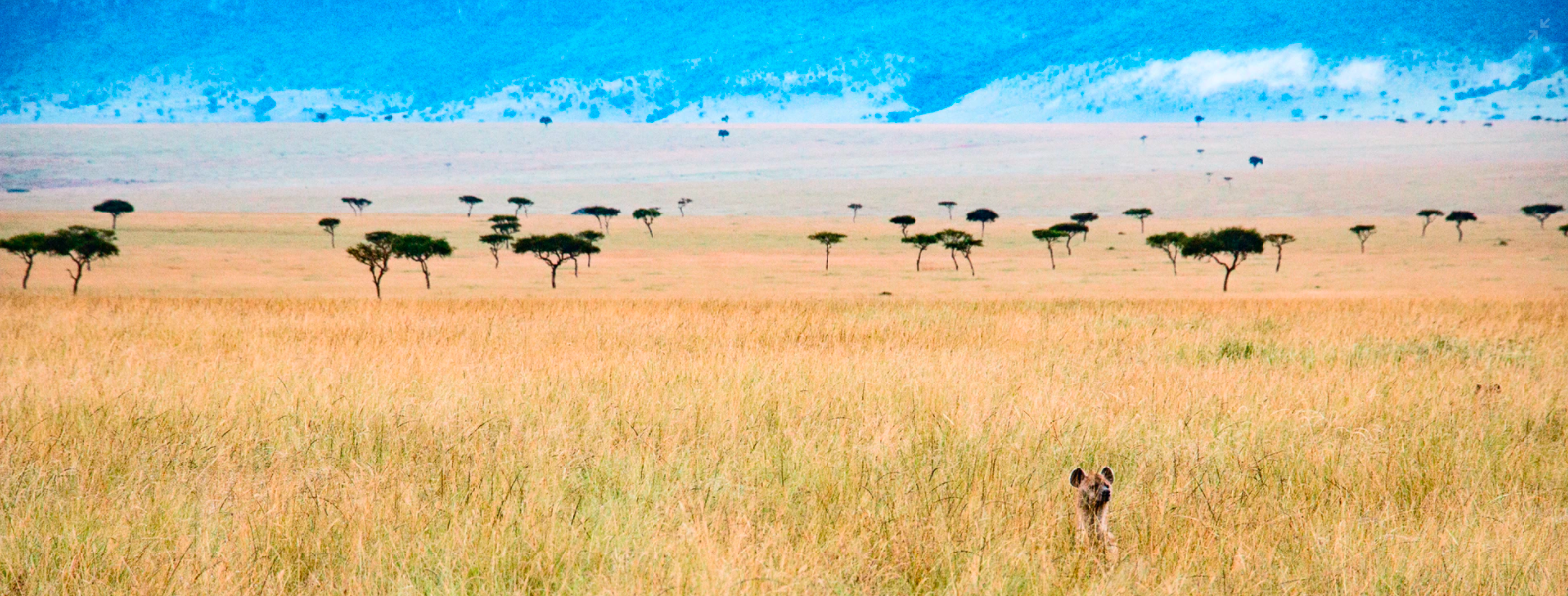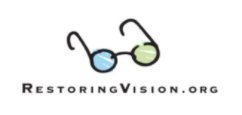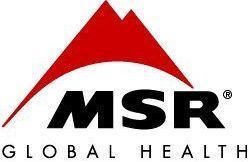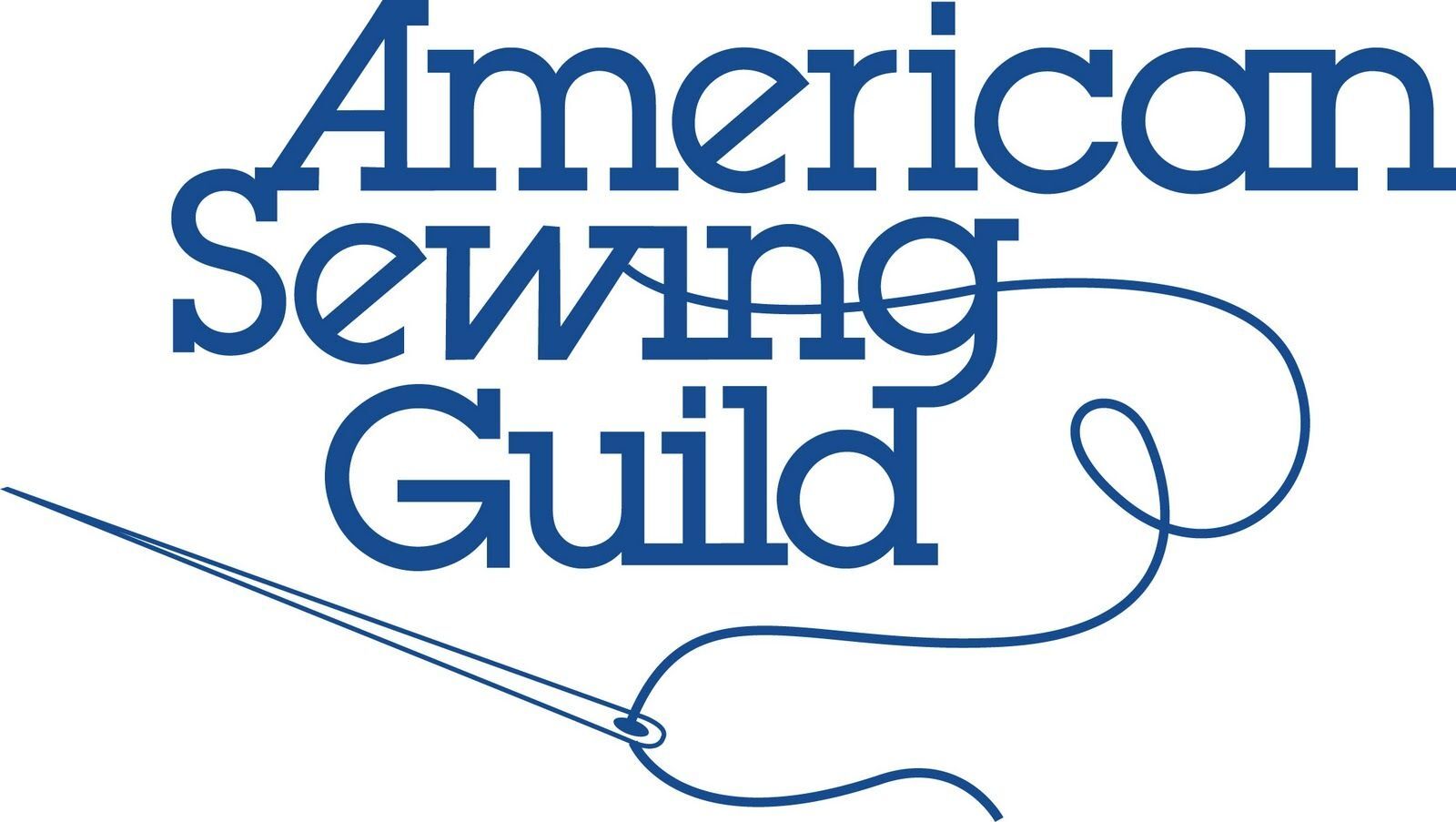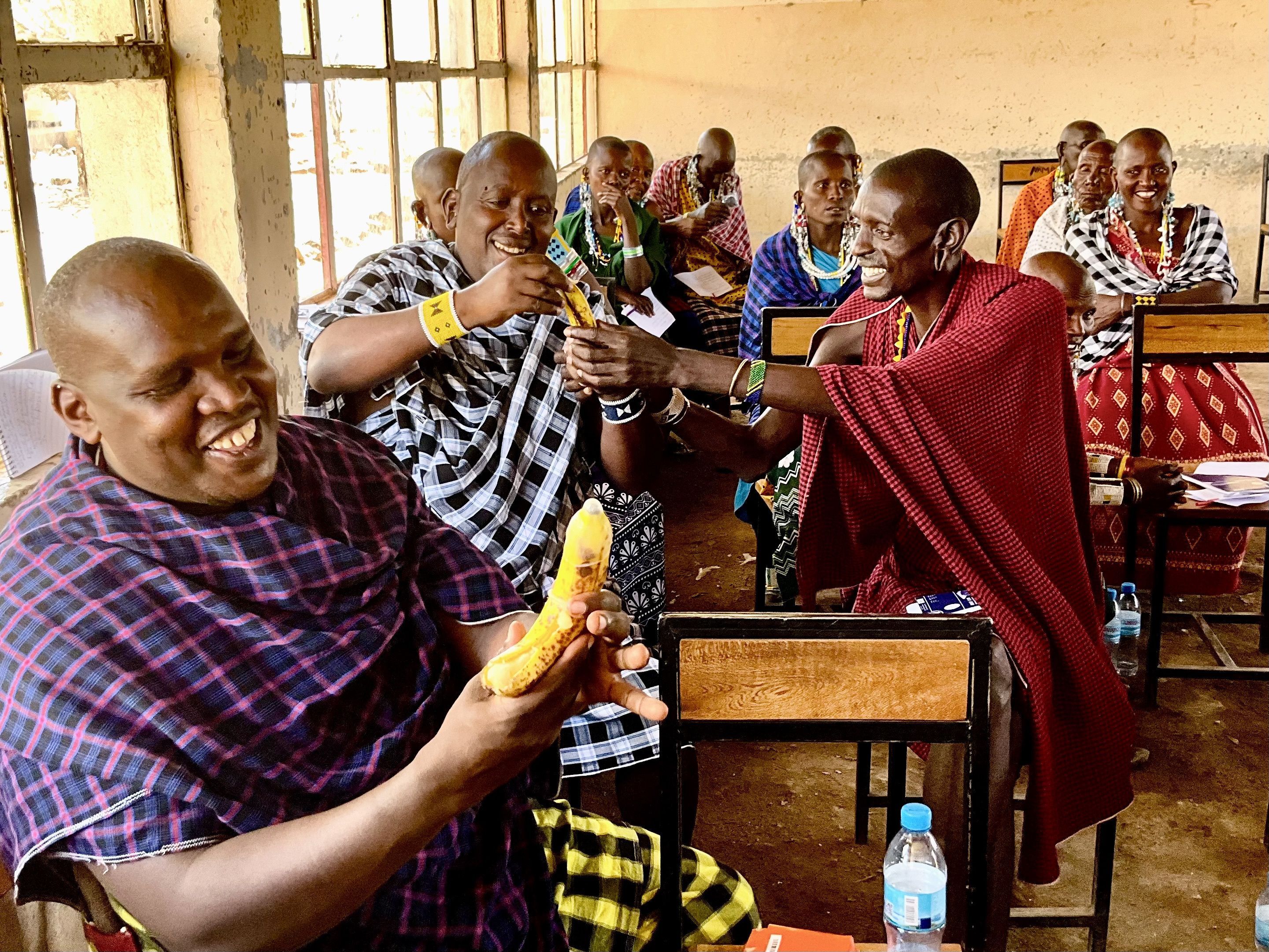
This month donor support launched an education program promising better futures for families in Tanzania.
Strong relationships and ongoing discussions with Masai leadership in Selela are a result of our Healthcare Outreach with them in June. The health concerns of local leaders mirrored our observations. As a result, together, we developed a community education program to address these needs.
Education provided includes, preventing a continued rise in HIV, elimination of female genital mutilation/cutting, and benefits of family planning.
500 Masai village “Ambassadors” (men, women, teens) from sub-villages of Selela are attending classes taught in Maa, the local language, by a female Maasai physician and Health & Hope Tanzanian representatives. To spread education as quickly as possible, knowledge is passed from class Ambassadors to all his/her family and friends, who in turn share the education until the sub-village has been informed. The entire community has a population of 10,000.
As a result of a language barrier and poor access to education, few villagers have been exposed to these topics. The local language, Maa, is oral and unique. Many villagers have not had an opportunity to attend primary school, and 50% are unable to write their names. Families are polygamous and patriarchal. Traditions run generations deep.
Prevent Continued Rise in HIV HIV Prevention, Testing & Treatment Class plus.... Fun with Condoms!
HIV rates are increasing in Masai society due to a lack of general and health education, as well as limited access to HIV prevention, testing, and treatment. Additional complications include polygamy, the societal stigma of HIV, and individual movements to secure livelihoods and conform to government relocations.
Condom practice/proper use education was a fun first. None had experience in using a condom, many had never seen a condom package. This Village Leader and retired Selela Chairman (two men front left) jumped into the condom lesson with enthusiasm leading the class of village men and women by example.
Eliminate Female Genital Mutilation/Cutting
Dr. Grace Lemomo, a Maasai woman, Health & Hope physician, and community educator, attended the International Conference for Female Genital Mutilation this month. The international goal is education for the elimination of female cutting within a generation.
Female Genital Mutilation/Cutting (FGM/C) has no health benefit and is illegal. However, it is practiced in a variety of forms from "minor" to very major in many societies including this community. Complications include infections, hemorrhage, severe scaring, vaginal pain, urinary pain, and life-threatening birthing complications.
Attendees for this class are women who do the cutting (there are many in each village), parents of girls aged 10-15, who may choose to cut their daughters, and women aged 16-25, who may choose cutting themselves. It is important to reach our goal to complete FGM/C classes by the end of November. Traditionally, December is a high season for "cutting ceremonies". Our goal: Education to prevent further "cutting ceremonies".
Promote Family Planning
Large family size with multiple wives each birthing 4-8 children or more is a valued tradition. For most village families changes in pastoral life, local and global economics and drought mean it is increasingly difficult to provide food, medicine, and education to large families. Modern birth control methods (injections/implants) are available but used by only about 25% of women.



